BRICS could help South and North Sudan move towards peace and development

Marshall Ndlela
THE BRICS (Brazil, Russia, India, China, and South Africa) have emerged as a formidable group of nations in the 21st century, with a combined gross domestic product of over US$16 trillion and a growing influence on global affairs.
Despite their diverse political and economic systems, the BRICS share a common interest in promoting stability and development in their respective regions and beyond. One area where the BRICS could make a significant contribution is in helping South Sudan and Sudan achieve lasting peace and reconciliation.
South Sudan, the world’s youngest nation, has been wrecked by conflict since its independence in 2011. A civil war that broke out in 2013 has killed tens of thousands of people and displaced millions. The conflict, which pits President Salva Kiir’s government against rebel groups loyal to former Vice-President Riek Machar, has been marked by ethnic violence and atrocities committed by both sides.
Meanwhile, Sudan has experienced its own share of internal conflicts and political instability, with the ousting of former President Omar al-Bashir in 2019.
The BRICS have a number of tools at their disposal that could help the Sudanese people achieve peace and reconciliation. One key instrument is economic development. South Sudan is rich in natural resources, including oil, but has struggled to develop its economy due to a lack of infrastructure and political instability. The BRICS, with their vast experience in infrastructure development and investment, could help South Sudan unlock its economic potential and create jobs for its people.
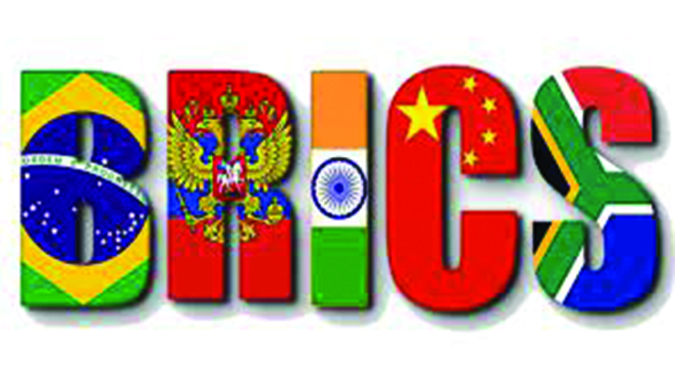
BRICS
In addition to economic development, the BRICS could also leverage their diplomatic influence to encourage dialogue and mediation between the conflicting parties in Sudan. China, for example, has been involved in peace talks between the Sudanese government and rebel groups in Darfur, while Russia has offered to mediate between Sudan and South Sudan in the past.
Another area where the BRICS could make a difference is in providing humanitarian assistance to the people of Sudan. Both Sudans have been plagued by famine and displacement, and the BRICS could provide much-needed aid and support to those affected by the conflicts.
Of course, the success of any BRICS-led initiative in Sudan will depend on the willingness of the conflicting parties to engage in dialogue and compromise. But the BRICS can play an important role in creating an enabling environment for peace and reconciliation to take root. By leveraging their economic and diplomatic influence, the BRICS can help South Sudan and Sudan move beyond their current conflicts and towards a brighter future.
Moreover, the BRICS countries have a long history of involvement in peacekeeping operations, with China and India being among the top contributors to UN peacekeeping missions. This experience could be harnessed in South Sudan, where peacekeeping efforts have been hampered by a lack of resources and political will. By providing logistical support, equipment, and personnel, the BRICS could help strengthen the capacity of the UN Mission in South Sudan (UNMISS) and other peacekeeping operations in the region.
Another potential avenue for BRICS involvement in the Sudan is through cultural and educational exchanges. The BRICS nations are home to some of the world’s oldest and most diverse cultures, and they could share their experiences with the people of Sudan. By promoting cultural understanding and education, the BRICS could help break down barriers between different communities in Sudan and foster a sense of unity and common purpose.
BRICS could use their collective voice to advocate for Sudan at the global level. As members of the G20 and other international forums, the BRICS have a platform to raise awareness about the situation in Sudan and call for action by the international community. This could include support for sanctions relief, debt relief, and other measures to help Sudan rebuild its economy and institutions.
In addition to the above, the BRICS nations could also collaborate on providing technical assistance to Sudan in various areas, such as governance, justice, and security sector reforms. These are essential for building stable and functioning institutions, which are key to sustaining peace and development in any country. For instance, South Africa, which has undergone its own transformational experience in the post-apartheid era, could share its expertise in governance and transitional justice with Sudan.
Furthermore, the BRICS could help address the root causes of the conflicts in Sudan, which are often tied to poverty, inequality, and exclusion. By promoting inclusive economic growth, job creation, and social welfare programs, the BRICS could help reduce the drivers of conflict and violence in Sudan. This could involve investments in agriculture, infrastructure, education, and healthcare, among other sectors, to promote long-term sustainable development.
Another potential area of BRICS involvement in Sudan is climate change adaptation and mitigation. Sudan is particularly vulnerable to the effects of climate change, such as droughts, floods, and desertification, which exacerbate resource competition and conflict. The BRICS, as major emitters of greenhouse gases, could support Sudan’s efforts to adapt to the impacts of climate change and transition to a low-carbon economy. This could involve investments in renewable energy, water management, and sustainable land use practices, among other areas.
Finally, the BRICS could work towards addressing regional security challenges that impact Sudan. For instance, the ongoing conflict in neighbouring Ethiopia has spilled over into Sudan, with refugees and armed groups crossing the border. The BRICS could leverage their influence to encourage dialogue and peaceful resolution of conflicts in the wider region, as well as support regional organisations such as the African Union in their efforts to promote stability and security.
The BRICS have a number of tools at their disposal that could help the Sudanese people achieve peace and reconciliation.
In a nutshell, BRICS have a range of tools and resources that could be mobilised to support peace and development in Sudan. However, success will depend on sustained political will and commitment from all parties involved, as well as the alignment of BRICS priorities with the needs and aspirations of the Sudanese people.
λ Marshall Ndlela is a Zimbabwean based in South Africa. He is a holder of a Master’s Degree in Finance and Accounting from the University of Chichester, England. He can be contacted on [email protected].

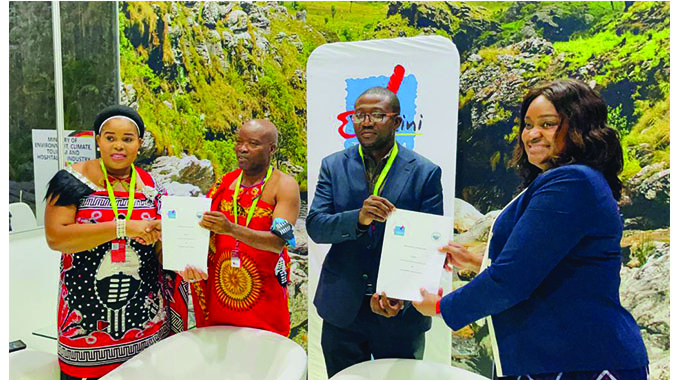
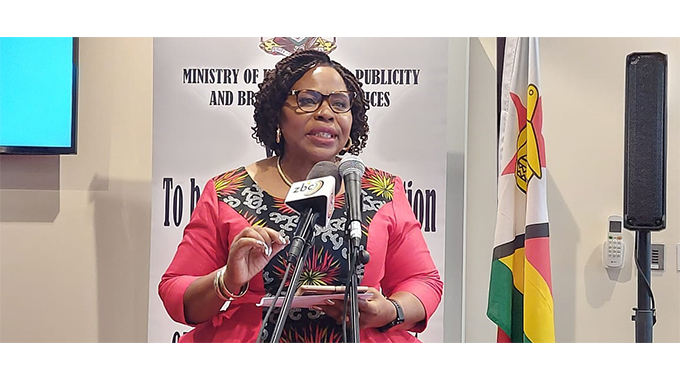

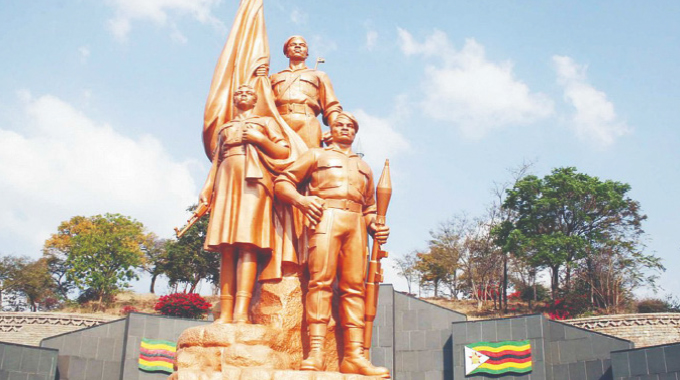
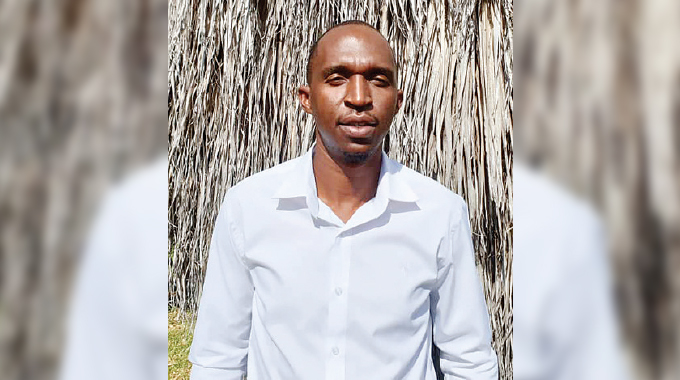






Comments